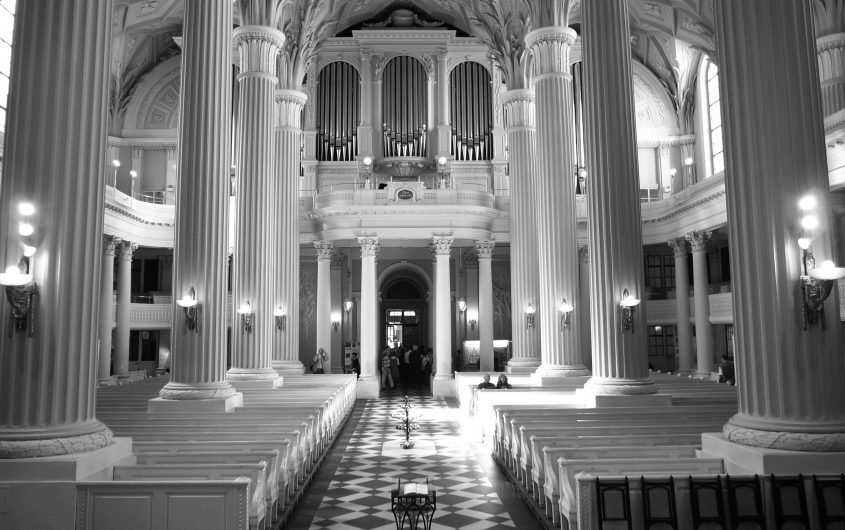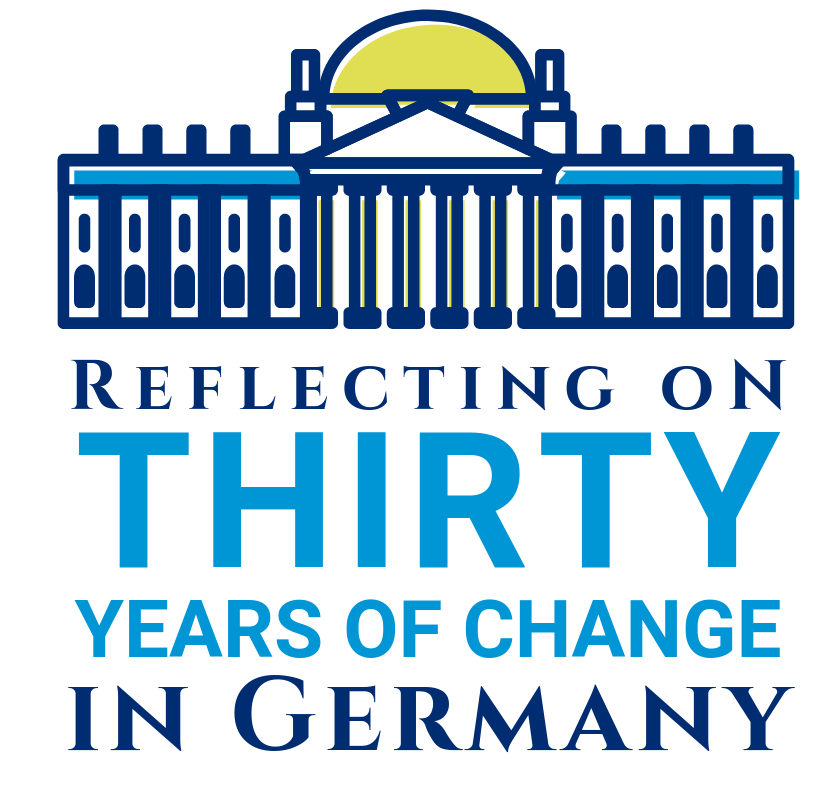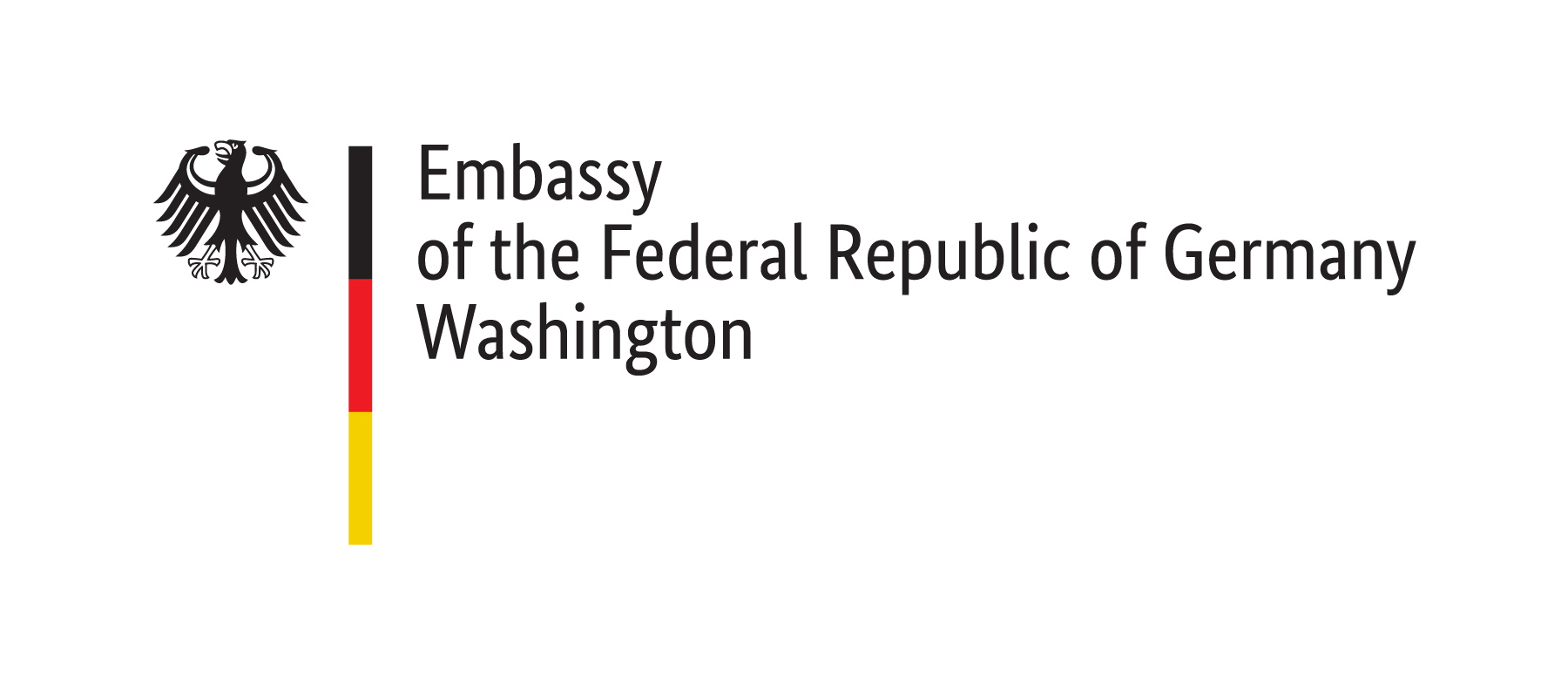
mibuchat via Flickr
Germany’s Changing Religious Landscape

In 1990, Germany was not only deeply divided politically, but also religiously. Eighty percent of the German population in the West belonged to either the Catholic or one of the 12 Protestant so-called “Landeskirchen.” Twenty percent were unaffiliated, a small number of them confessing atheists. In the East eighty percent were unaffiliated, many of them atheists in accordance to the materialistic teachings of the ruling socialist party. Twenty percent were confessing Christians who played a leading role in organizing the protests of 1989. What happened to this divide in the following decades? How can the current situation be properly understood? Globalisation and individualisation will change the German religious structures even more and endanger the well-established cooperation of church and state.
Rolf Schieder is professor emeritus of Religious Education at Humboldt University Berlin and visiting professor at Shanghai International Studies University. He founded the Institut für Religion und Politik in Berlin, a think tank where professors of law, political and religious sciences, Protestant, Catholic, Islamic and Jewish Theology cooperate. He is the author of Wieviel Religion verträgt Deutschland, Sind Religionen gefährlich?
This webinar is supported by the German Embassy Washington.







